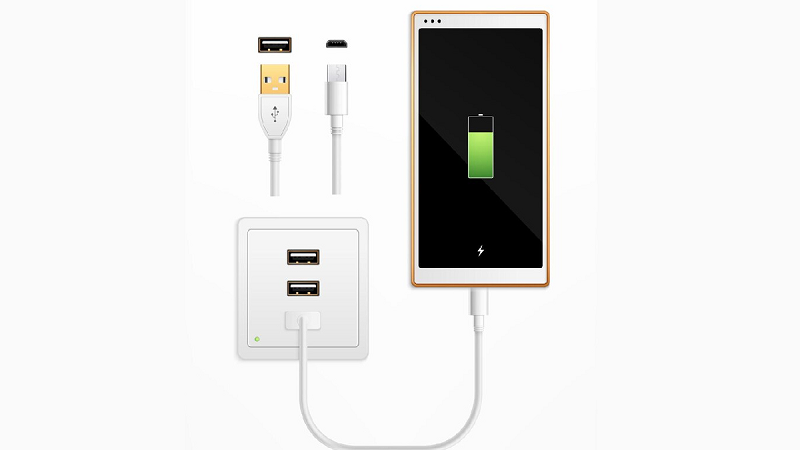
Mango is a delicious and nutritious fruit that is rich in vitamins, minerals, and antioxidants. It is also a popular fruit in many cultures and is often used in desserts, smoothies, and savory dishes. However, there are some common misconceptions about the side effects of mango consumption, such as the fear of getting pimples. Here are some facts about mango and its potential side effects:
-
Mango does not cause pimples: There is no scientific evidence to support the claim that eating mangoes can cause pimples. Pimples are caused by a variety of factors such as hormonal changes, genetics, and poor skincare habits.
-
Mango allergies: Some people may have an allergic reaction to mangoes, which can cause symptoms such as itching, swelling, and hives. Mango allergy is relatively uncommon, but those who are allergic to other fruits such as peaches, plums, or kiwis may be more likely to be allergic to mangoes.
-

-
Mango and digestion: Mangoes contain fiber and enzymes that can aid in digestion, but consuming too many mangoes can lead to digestive discomfort such as bloating, gas, and diarrhea. It is important to consume mangoes in moderation and to drink plenty of water to aid in digestion.
-
Mango and diabetes: Mangoes are high in natural sugars, which can cause blood sugar levels to rise. People with diabetes should consume mangoes in moderation and monitor their blood sugar levels closely.
-
Mango and weight gain: Mangoes are a nutrient-dense fruit and can be a healthy addition to a balanced diet. However, consuming too many mangoes can lead to weight gain due to their high calorie and sugar content. It is important to consume mangoes in moderation and as part of a healthy diet and lifestyle.
In conclusion, mangoes are a delicious and healthy fruit that can be enjoyed in moderation. While there are some potential side effects to be aware of, consuming mangoes in moderation as part of a balanced diet is unlikely to cause any negative health effects.










